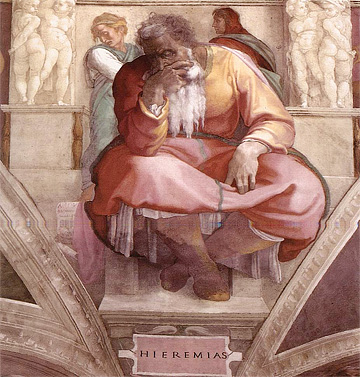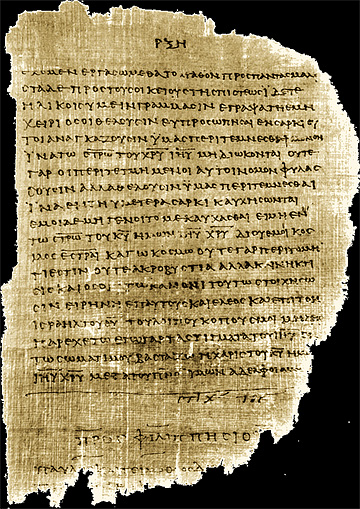In my last two posts in this series, I examined two theories that seek to explain why the earliest Christians regarded Jesus as divine. I found both of these to be lacking, though both point in a direction that will ultimately lead to a plausible theory.
Today I want to examine a common theory that seeks to explain the early Christian deification of Jesus without depending on the miracle of the resurrection. This theory, popular in college religion courses, claims that the earliest Christians, as faithful Jewish monotheists, hailed Jesus as an inspired teacher and/or as Israel’s Messiah, but not as a divine being. Yet as Christianity spread into the Roman world, the original, authentic Christianity underwent a transformation. Under the influence of Greco-Roman religion and culture, in which the line between the human and the divine was frequently crossed, the fully human Jesus began to be divinized. Soon, like Hercules or Julius Caesar, Jesus was considered to be a god. Thus the authentic early Christianity, with a human Jesus, was hijacked by the divinizing tendencies of the Greco-Roman world. (Photo: Arnold Schwarzenegger in his first film, Hercules in New York. His English was so poor that they dubbed his voice, very poorly. Who would have thought in 1970 that this Austrian muscleman would someday be the Governor of California?)
This theory is not an implausible one. There actually was a fine and permeable line between divinity and humanity in the Greek and Roman worlds. Consider the myth of Hercules, for example (in Greek, Herakles). His father was a god (Zeus) while his mother (Alcmene) was a human being. Hercules lived as a sort of god-man, with superior strength and other abilities. After his death he became a full-on god. In basic outline, this story sounds rather like early Christian belief about Jesus. (Photo: A picture of an obelisk in Rome. It was put there by Augustus Caesar, whom the inscription identifies as “The Emperor Augustus Caesar, son of the divine (Caesar).” Of course if Augustus was the son of a divine being, then what did that imply about Augustus himself?)
Yet it wasn’t just mythical humans who became gods in the Roman world. The Caesars were also accorded this honor. Julius, for example, was recognized as a god after he was murdered in 44 B.C. His immediate successors (Augustus, Tiberius) were also divinized, but only after their deaths, at least in principle. Augustus was certainly more than willing to hint at his divinity during his earthly life. Toward the middle of the first century A.D., the Roman Emperors began to be recognized as gods even before their deaths. By the end of the first century, the Emperor Domitian left no room for speculation, calling himself “Lord” and “God” and requiring others to do the same. Those who would not pay him due homage, like the Christians, for example, were executed.
Into this milieu the early Christians proclaimed Jesus as one sent by God to bring salvation to the world. It’s not impossible to imagine that, in competition with gods like Hercules (who had a temple near the Roman Forum) and human heroes like the divinized Julius Caesar (who had a temple in the Roman Forum), Jesus also came to be thought of as divine. Moreover, this process of deification coincided with the movement of Christianity away from Judaism and toward paganism. So the Jewish commitment to monotheism was lost along the way, and, voilà, Jesus became divine.
As I’ve said, this theory has merit. But the question is: Does it fit the facts of early Christianity? As we examine the original sources that show us what the earliest Christians in fact believed about Jesus, does the “divinization under the influence of Greco-Roman culture theory” hold up? Or is another theory more plausible historically? These questions will guide the next steps in this series.

